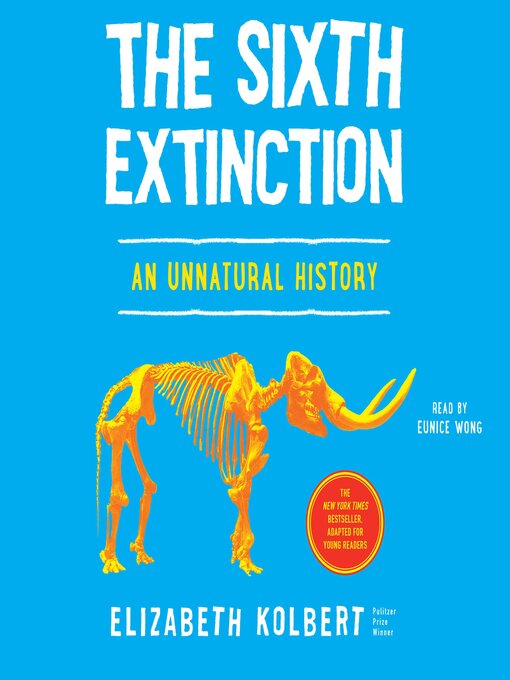- What You Got Cooking?
- Available Now
- New EBook Additions
- New and Available Ebooks
- Most Popular
- Popular Nonfiction
- Try Something Different
- Let's Get Cooking!
- Every Day Is Free Comic Book Day at the Library
- See all ebooks collections
- Young Adult Fantasy Audiobooks
- Available Now Audios
- New Audiobook Additions
- New and Available Audiobooks
- Most Popular
- Popular Nonfiction
- Try Something Different
- See all audiobooks collections
- Most Popular
- All Magazines
- Business & Finance
- Entertainment
- Food & Cooking
- Health
- Home & Garden
- Lifestyle
- News & Politics
- Science & Technology
- Travel
- See all magazines collections

